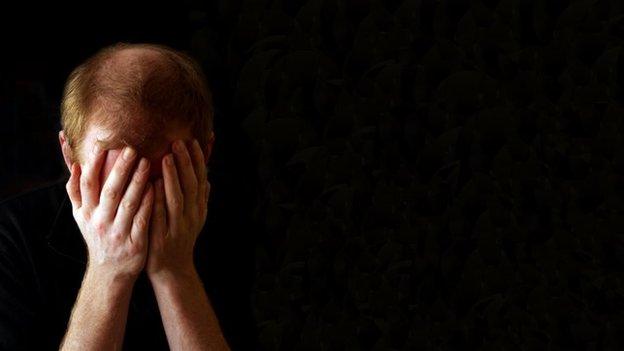Mental health crisis care 'struggling to cope'
- Published
Jenny Cole describes two occasions she felt let down when in need of crisis care
People who need urgent mental health care in England are receiving inadequate support, regulators say.
The Care Quality Commission reviewed the help given to people in mental health crisis, external, which includes people who are suicidal, having serious panic attacks or psychotic episodes.
The regulator said the system was "struggling to cope".
Its report also highlighted what it described as a "lack of compassion" from A&E staff.
The CQC carried out its investigation following the signing of a Crisis Care Concordat between the government and the sector last year which promised round-the-clock support to those who needed it.
This includes help from dedicated mental health staff, intensive support at home or telephone advice.
'Wake-up call'
But the review - based on surveys of patients, analysis of national data and inspections of services - found that 42% of patients did not get the help they needed.
Patients were also asked about the attitudes of staff towards them. Staff working for charities and volunteers received the most positive ratings, while staff in A&E received the worst.
Just over a third of patients who ended up in A&E thought they had been treated with compassion and warmth, and a similar proportion said their concerns had been taken seriously.
The dedicated crisis-resolution teams that are there to help those in trouble did little better, with fewer than half answering positively to each question.
The report also highlighted the experiences of a number of patients. One said: "It was approximately seven hours before I got crisis support and that was only a call not a visit, which would have been more useful.
"As my crisis worsened, I took a small overdose as I was not coping or getting any immediate help."
Dr Paul Lelliott, the CQC's mental health lead, said while there were some excellent examples of care, the findings must "act as a wake-up call".
"Worryingly many people told us that when they were having a crisis they often felt the police and ambulance crews were more caring and took their concerns more seriously than the medical and mental health professionals they encountered."
Paul Farmer, chief executive of Mind, the mental health charity, said: "The report will not come as a surprise to anyone who has found themselves in crisis or who is involved in supporting people when they are at their most unwell.
"We take for granted that when we have a physical health emergency we will get the help we need urgently. It should be no different for mental health."
Care Minister Alistair Burt said the government was trying to tackle the problems in mental health with its new treatment targets and extra funding that were both announced before the election.
"Improving mental health care is my priority," he added.
Last year 1.8m people sought help for a mental health crisis.
- Published14 March 2015
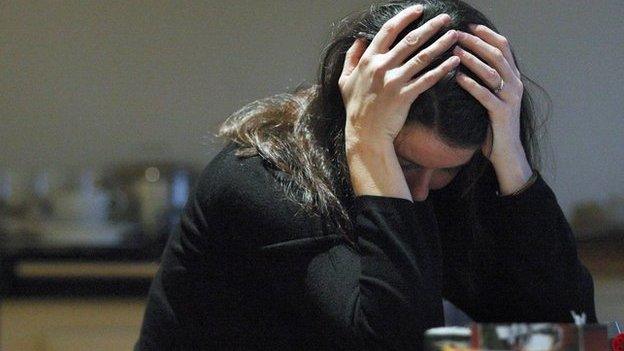
- Published9 January 2015
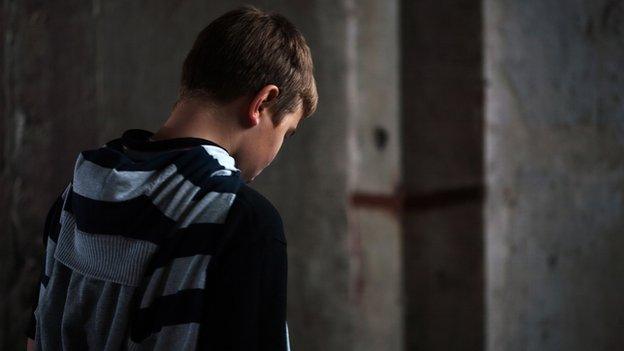
- Published8 October 2014
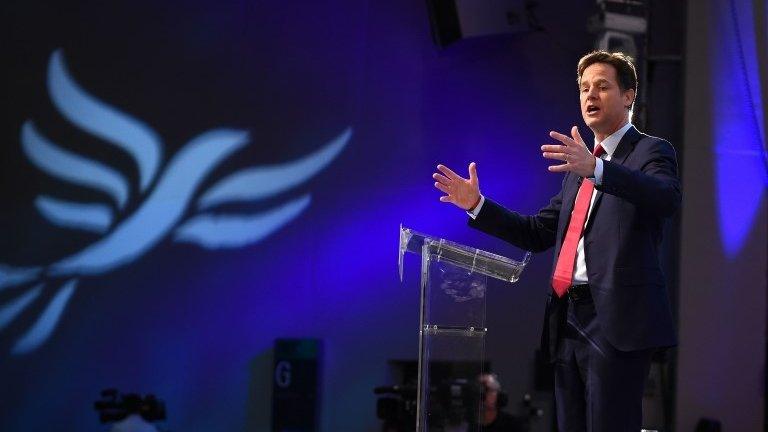
- Published7 August 2014
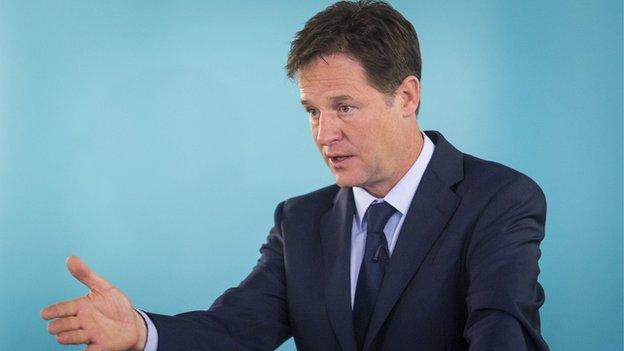
- Published19 January 2015
